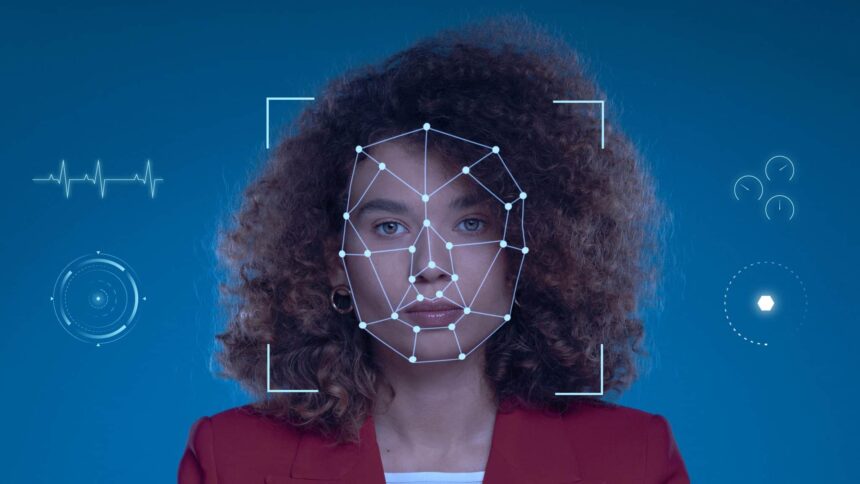- The UK government announced a new rule that criminalizes the act of creating deepfakes of an individual without their consent
- If found guilty, the offender will face a criminal record, an unlimited fine, and even jail in some cases
- In addition to this, two popular deepfake pornography sites have also started blocking users from the UK

On Tuesday, the UK government announced that creating sexually explicit deepfake images without consent will soon become a criminal offense – regardless of whether the creator intended to share the content or not.
Anyone found guilty will face a criminal record and an unlimited fine. In case the image is widely shared, the person might also face jail time.
Talking about the decision, Laura Farris, the Minister for Victims and Safeguarding said that there’s no excuse for creating deepfakes.
Deepfakes are often used to humiliate and dehumanize people, especially women, and can have long-term impacts on the lives of the victims if those images are widely shared. Hence, the government is not going to tolerate such sickening actions.
It’s welcome that the government has accepted Labour’s calls to criminalize the creation of deepfake pornography.Yvette Cooper, the Shadow home secretary
Deepfakes are a massive violation of one’s privacy and bodily autonomy. Cooper, Shadow Home Secretary, agreed with Farris and said that if such images and videos go viral, it can have a devastating effect on the victim. It’s an inexcusable offense.
She further added that creating a law isn’t enough. Law enforcers need the proper training and tools to enforce these rules and nab the offenders.
The changes will be made through amendments to the criminal justice bill, which is already on its way to the UK parliament.
In addition to that, the government has also decided to criminalize recording real intimate images without the consent of the person being recorded and setting up filing equipment that might help someone else record such content.
UK Blocks the Two Biggest Deepfake Porn Websites
Coinciding with the criminalization of creating deepfake, two popular deepfake websites have been blocked in the UK. To keep miscreants from checking out these sites, we won’t be mentioning their names here. The block was first noticed today.
Anyone from the UK trying to visit the first site will see a message saying that due to the laws in their country/region, the website is forced to deny access to the user.
These two sites had 500,000 and 50,000 visitors from the UK respectively and now none of them can access the sites.
The second website that has been banned also has an app. Both sites display a similar message saying that people from the UK will not be granted access.
However, it does hint at other ways (like VPN) to get around geographic restrictions.
We don’t know who administered these blocks or what led to this decision. UK’s communications regulator, Ofcom does have the right to block sites that are harmful to UK citizens, but that’s only on paper. These rights are not fully operational yet.
The UK isn’t the only country making major moves to criminalize and curb the growing use of deepfakes.
For example, just this January, US regulators too introduced a similar bill that bans the spread of nonconsensually generated deepfakes. The bill was a direct response to an incident earlier this year when some perpetrators shared sexually explicit deepfakes of popular singer Taylor Swift.
A Little about the Online Safety Act
This new law seems to be an extension of the Online Safety Act that was introduced last year. It criminalized the sharing of sexually explicit deepfake images.
Despite being an important step towards protecting people from the growing misuse of AI in creating fake images, the law was met with strong opposition from tech companies like WhatsApp and Signal.
Leaders at the Wikimedia Foundation have also expressed their concerns saying it will hinder the ability of these companies to provide end-to-end protection.
However, their reservations didn’t stop the bill from receiving royal assent in October last year and becoming an official law.

